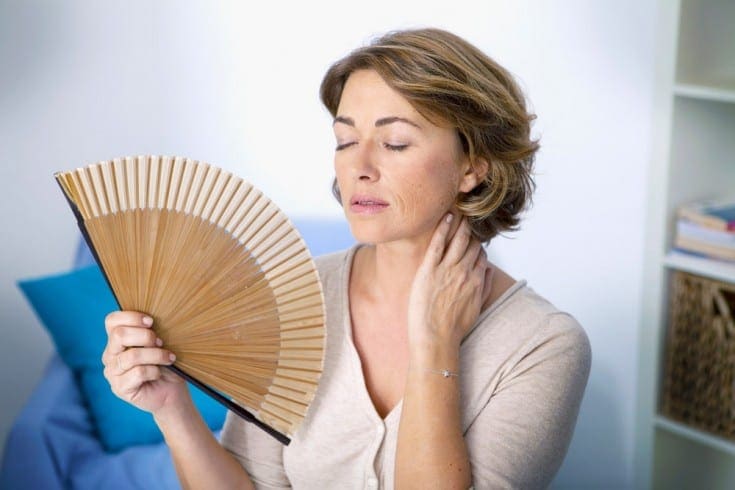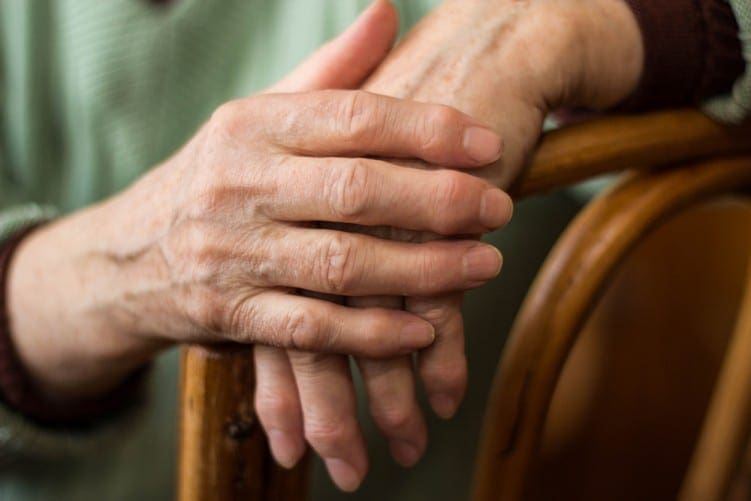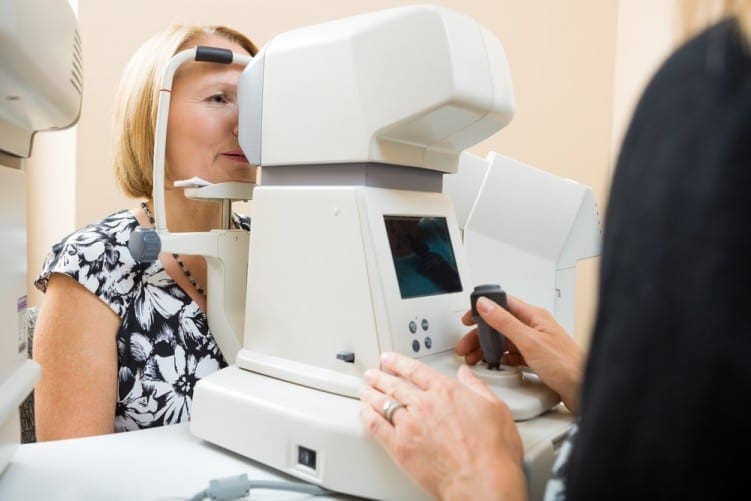Many people mistakenly believe that a migraine is just a headache, but migraines can be quite a disabling condition. More than 8 million people in the UK suffer from migraine attacks and three quarters of these are women. They can severely affect your quality of life and stop you from carrying out your normal daily activities, sometimes keeping sufferers in bed for days at a time.
As a new treatment is put forward for approval by NICE, scientists are hopeful that the new monthly injection will be the first effective development in the treatment of migraines for the last 20 years. In the meanwhile, make sure you know the facts about migraines and how they can be managed at present.
What are Migraines and What Causes Them?
A migraine is usually a severe headache felt as a throbbing pain at the front or side of the head. Some people also get other symptoms such as nausea or vomiting. Many experience increased sensitivity to light or sound. Migraine is a common health condition but one which varies a lot between sufferers. There are different types of migraine and some experience them frequently while others may only have one occasionally.
The exact cause of migraines is unknown but they are thought to be the result of temporary changes in the chemicals and blood vessels in the brain. Some people find them to be associated with certain triggers such as stress, tiredness, or certain foods or drinks. Genes may also play a role, as around half of all people who experience migraines also have a relative with the condition.
How Can Migraines be Prevented?
Migraines can be very painful and debilitating, so anything you can do to prevent them is worth trying. Here are a few things you can do to reduce your risk of experiencing migraines:
- Know Your Triggers
One of the best ways of preventing migraines is recognising the things that trigger an attack and trying to avoid them. If your triggers aren’t obvious, keep a migraine diary. Use it to describe your attacks, keeping note of when they begin, when they end, and whether there are any warning signs. Over time you’ll be able to spot whether they seem to be linked to certain foods, medications, moods or habits.
- Spot the Warning Signs
Keeping a migraine diary will also help you identify early warning signs that you’re entering a migraine so that in the future you can take action sooner. For example, you can take painkillers earlier on rather than when it’s too late and the pain is already severe.
- Stay Hydrated and Eat Regular Meals
Try to drink the recommended two litres of water a day as dehydration can trigger migraines. Regular meals are important as they help you maintain blood sugar levels, which is helpful because sometimes drops in blood sugar can also trigger a migraine.
- Exercise Regularly
Although overexertion can trigger headaches at times, regular moderate exercise may actually reduce your risk of experiencing migraines. It also helps to control stress, which is a trigger for many sufferers. Findings from some studies suggest that regular exercise may reduce the severity, duration and number of migraines in some people.
- Quit Smoking and Limit Alcohol Intake
As well as having a negative impact on many other areas of your health, smoking cigarettes and drinking too much alcohol are habits which have both been linked to migraines and cluster headaches.
- Try Acupuncture
Acupuncture can help to reduce the risk of migraines because it stimulates nerves located in muscles and other tissues, releases endorphins and reduces inflammation. Some people find that acupuncture reduces the pain of their migraines.
How are Migraines Treated?
Unfortunately, there is no cure for migraines and they can’t always be avoided. However, the following treatments can help to ease the symptoms:
- Over-the-counter Painkillers
Some migraine sufferers find that over-the-counter painkillers such as paracetamol, aspirin and ibuprofen help to reduce symptoms. They tend to be most effective if taken as the very first signs of a migraine appear. If you take them when the pain has already worsened, it’s usually too late for them to be effective.
- Triptans
If ordinary painkillers don’t help to relieve your migraine symptoms, you should speak to your GP, who may recommend taking a type of medication called a triptan as well. Triptan medicines are thought to work by reversing the changes in the brain that may cause migraines, and are available as tablets, injections and nasal sprays.
- Anti-sickness Medicines
Your GP may also prescribe you anti-sickness medicines, which can successfully treat migraine even in some people who don’t experience nausea or vomiting. As with painkillers, these medicines work better if taken as soon as migraine symptoms begin.
Details of the new migraine drug
Erenumab is the first new drug treatment for migraines for the last 20 years. The drug will be dispensed by a self administered injection into the thigh or stomach via an injection pen. It will tackle the protein responsible for the pain and sickness associated with migraine attacks. It works by preventing the blood vessels in the brain swelling.
The study involved 955 patients and has been published in the New England Journal of Medicine. Study leader Professor Peter Goadsby from Kings College London said that the development was an incredibly important step forward and offered hope to sufferers.
If you would like to read more details of the study, you can read the details in the Daily Mail via this link.
Remember, there are different types of migraines, and the triggers and symptoms are different for everyone. It’s important to identify the characteristics of your own migraines in order to choose the best methods of prevention and treatment for you. Make sure you make an appointment with your GP if you have frequent migraines (on more than five days a month) or if your symptoms cannot be controlled with over-the-counter painkillers.
For regular updates especially geared to over 50s health issues, why not follow us on Facebook. You will also find additional content such as Thoughts for the Day, cartoons and Inspirational Images.
You can also sign up to our free newsletter, The Best of Friends, via this link.










